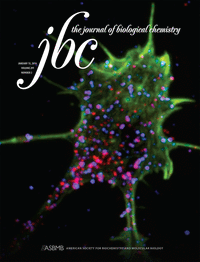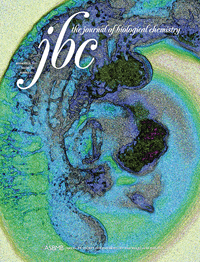 Authors have retracted papers from Cell Metabolism and the Journal of Biological Chemistry after an investigation in Singapore found issues, including falsified data. The investigation is ongoing, and two additional retractions, along with two corrections, are on the horizon.
Authors have retracted papers from Cell Metabolism and the Journal of Biological Chemistry after an investigation in Singapore found issues, including falsified data. The investigation is ongoing, and two additional retractions, along with two corrections, are on the horizon.
The investigation looked into papers by first authors Sudarsanareddy Lokireddy, now a postdoc at Harvard, and Sandhya Sriram, a postdoc at the Agency for Science, Technology and Research in Singapore. Led by the Nanyang Technological University in Singapore, where some of the work was done, the investigation concluded that there were issues with six papers on which either Sriram or Lokireddy was first author.
All authors but Lokireddy have agreed to retractions or corrections. Ravi Kambadur of NTU, and Mridula Sharma at the National University of Singapore, are the last two authors on all the papers.
According to a notice from the NTU, the “investigation found a number of instances of alterations to data” in three papers on which Lokireddy is first author. One of those was retracted December 1 by Cell Metabolism: Continue reading Singapore investigation leads to two retractions, two more on the way
 A week after announcing that a researcher formerly at the University of Chicago had faked the results of more than 70 experiments, the U.S. Office of Research Integrity announced yesterday that one of his colleagues also falsified data.
A week after announcing that a researcher formerly at the University of Chicago had faked the results of more than 70 experiments, the U.S. Office of Research Integrity announced yesterday that one of his colleagues also falsified data.





